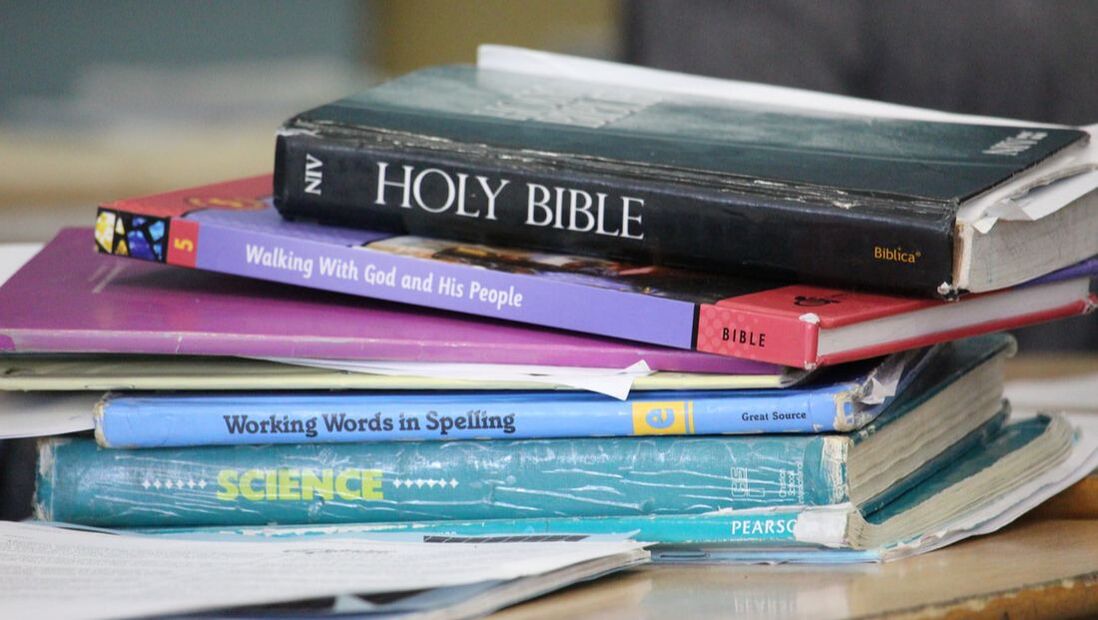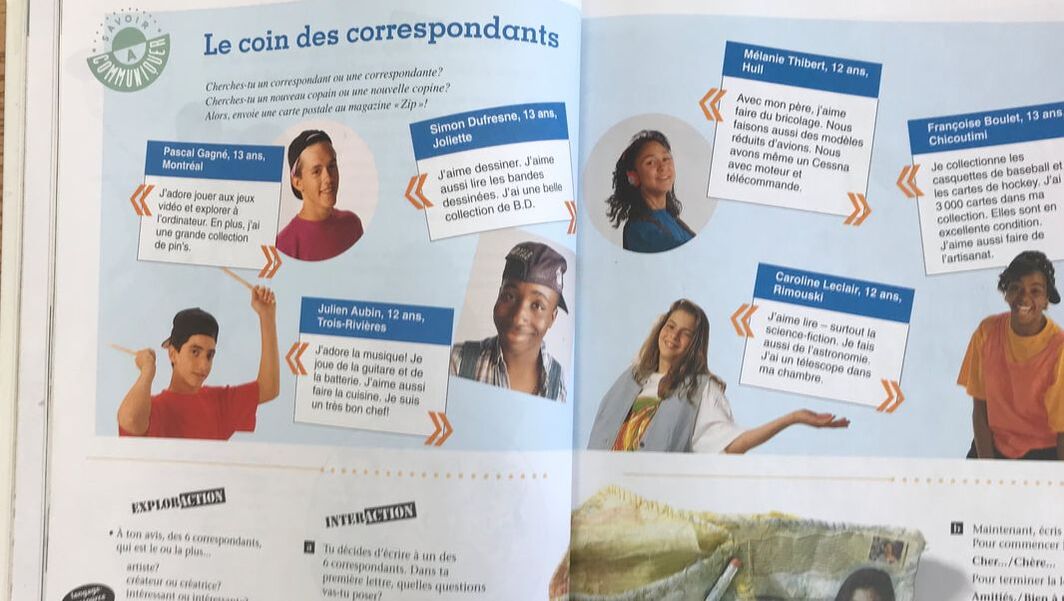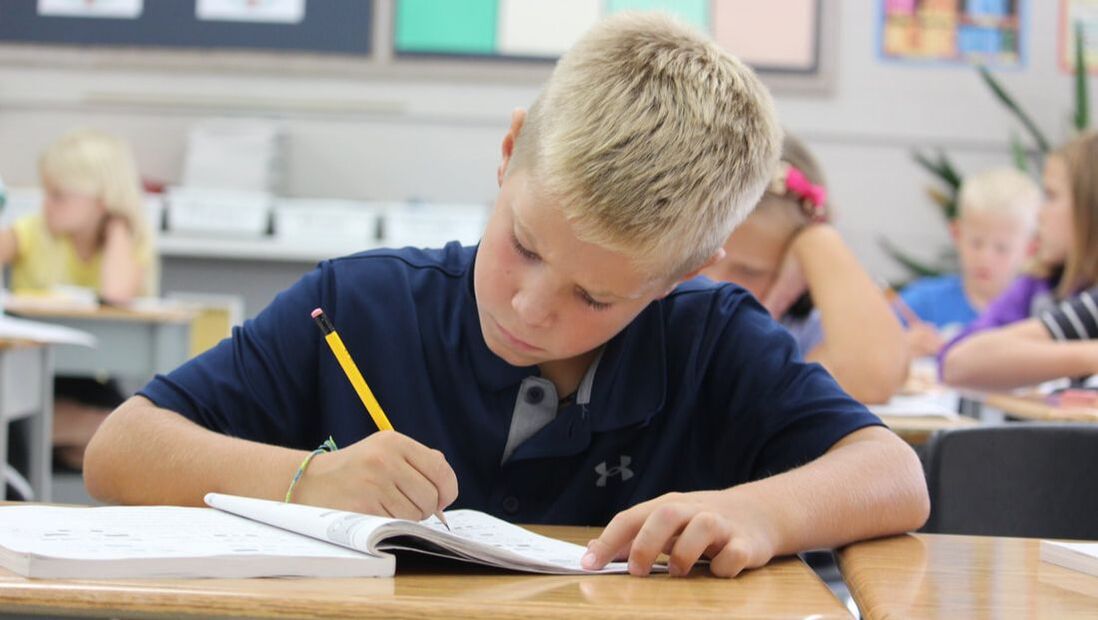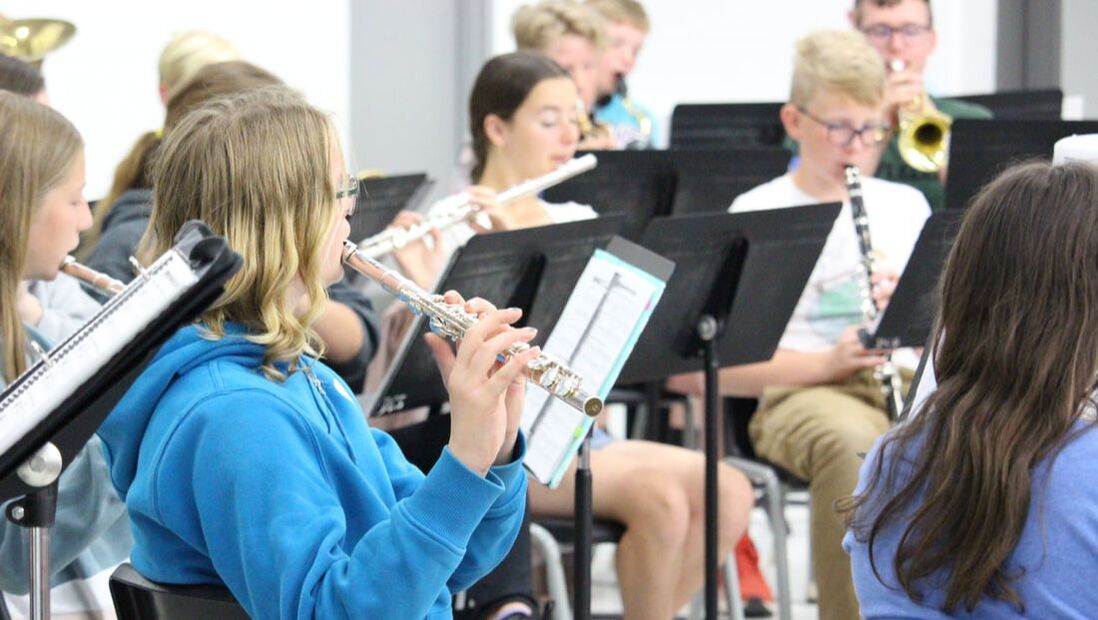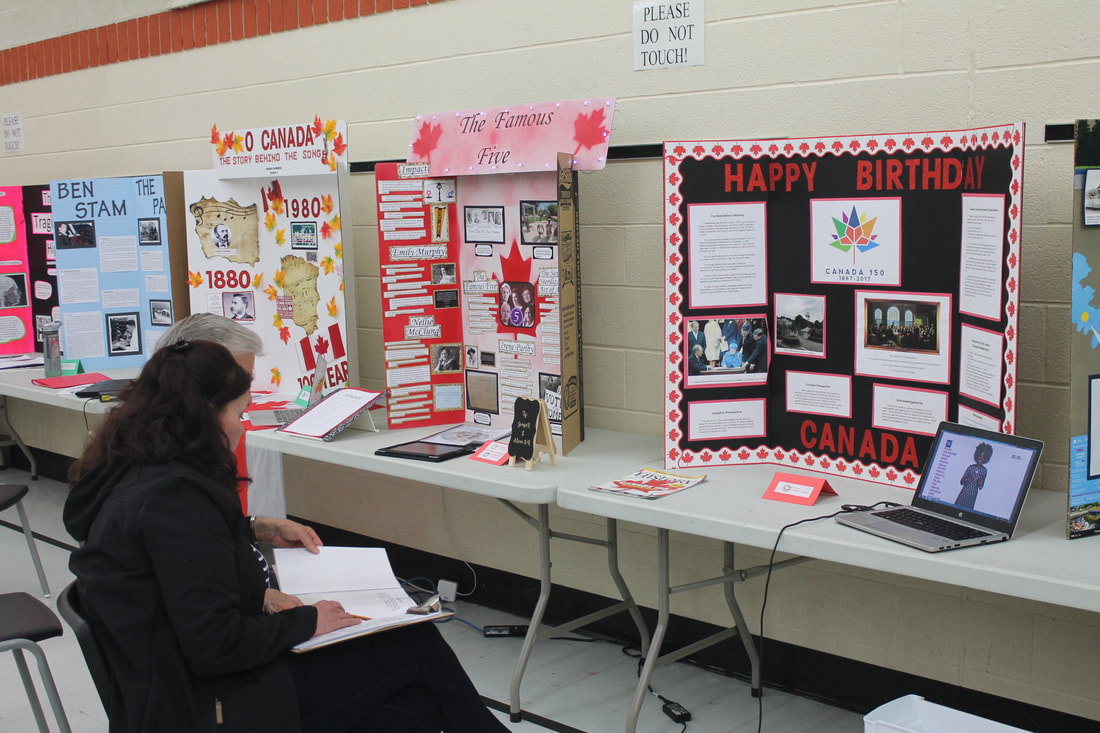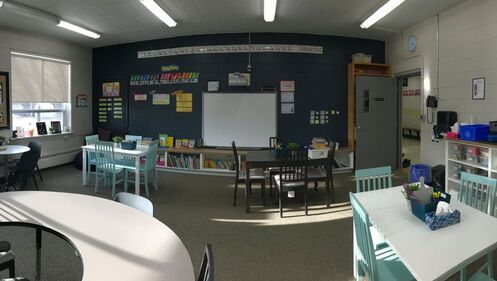ACADEMICS
BIBLEGod’s Word guides our learning in all subject areas, students also receive specific instruction in the Bible. Using a curriculum created by Christian Schools International, teachers share God’s big story with students. In turn, students are encouraged to learn more about God and deepen their faith in Him.
|
MATHEMATICSMathematics instruction at DCS helps students to investigate and discover God’s creation has numerical order and unity. The mathematics program follows a well-developed scope and sequence. With the use of a textbook series and a vast array of support materials, students receive approximately 60 minutes of math instruction daily.
|
FRENCHWe live in a bilingual nation and have the blessing of being able to learn two languages in our classrooms. A structured program is taught from Grade Three to Grade Eight. Here the students are introduced to more complex grammar and sentence structure.
|
LANGUAGE ARTSThe Language Arts program is the academic heart of our curriculum. Language is a special gift of God that He has made permeate all other aspects of life. It is language that makes us listen to each other: to think clearly, to express our thoughts and feelings, to pray, to understand God’s Word, to understand literature. Reading, writing, listening, and speaking are the skills that unlock other subjects for us and that make us capable of pursuing knowledge independently. Students are exposed to a wide variety of literature and explore many genres. Students are encouraged to develop their own literary skills through formal instruction in Spelling, Phonics, Grammar, and Writing. The Daily 5 is a program implemented in all primary grades.
|
PHYSICAL EDUCATIONAt Dunnville Christian School we believe the “body is a temple of the Holy Spirit” (I Corinthians 6:19). Our Health curriculum encourages our students to develop healthy bodies that can be used to serve God and others. Topics include proper diet, fitness, the proper function of body systems, mental health, and the importance of proper social and spiritual habits.
Our Phys. Ed. curriculum helps students learn that care for the body is our responsibility. The program, involving both indoor and outdoor activities, stresses a growing development in key areas of team sports, skills and physical fitness. |
FINE ARTSArt: Students develop their ability to view creation and to respond with their creativity. Students receive instruction focusing on the five elements of design and use a variety of media.
Drama: Students participate in our annual Christmas Program, as well as other activities that help them explore various aspects of Drama. Music: Music provides another opportunity for students to respond to God. In addition to singing instruction and music history, students learn basic theory and how to play instruments, such as bells (Gr. 2), ukuleles (Gr. 3) and recorders (Gr. 6). Grade 7 & 8 students participate in a band program. Our students also have opportunities to join the praise team, leading worship at chapel or various places in our local church communities. |
HISTORY & GEOGRAPHY
SCIENCE, CREATION STUDIES & SOCIAL STUDIES
While following Ontario Ministry of Education Guidelines in these subject areas, students are encouraged to be engaged in their learning and to be active problem solvers. Using the Project Based Learning model, students strive to answer a question or solve a problem, locally or globally. With expert support, students embark on a journey to raise awareness and provide solutions.
STUDENT SUPPORT SERVICESDCS recognizes the diversity that exists amongst children and values each student as a unique creation, made in God’s image—regardless of ability, ethnic background or socio-economic status.
We strive to complement and foster the development of their God-given gifts, giving them a feeling of security as a learner providing support and assistance when needed to help the student flourish. For more information, please contact the school. |
HOMEWORK EXPECTATIONSHomework is an integral part of our academic program and is intended to build habits of responsibility, self-discipline and independent study. Parents are key in guiding and encouraging their children in their studies. Primary grades are responsible for Snuggle Up, spelling and Bible memory work. Grades 3-8 are given an agenda to track assignments, get parent signatures and have it checked by their teacher daily.
|

